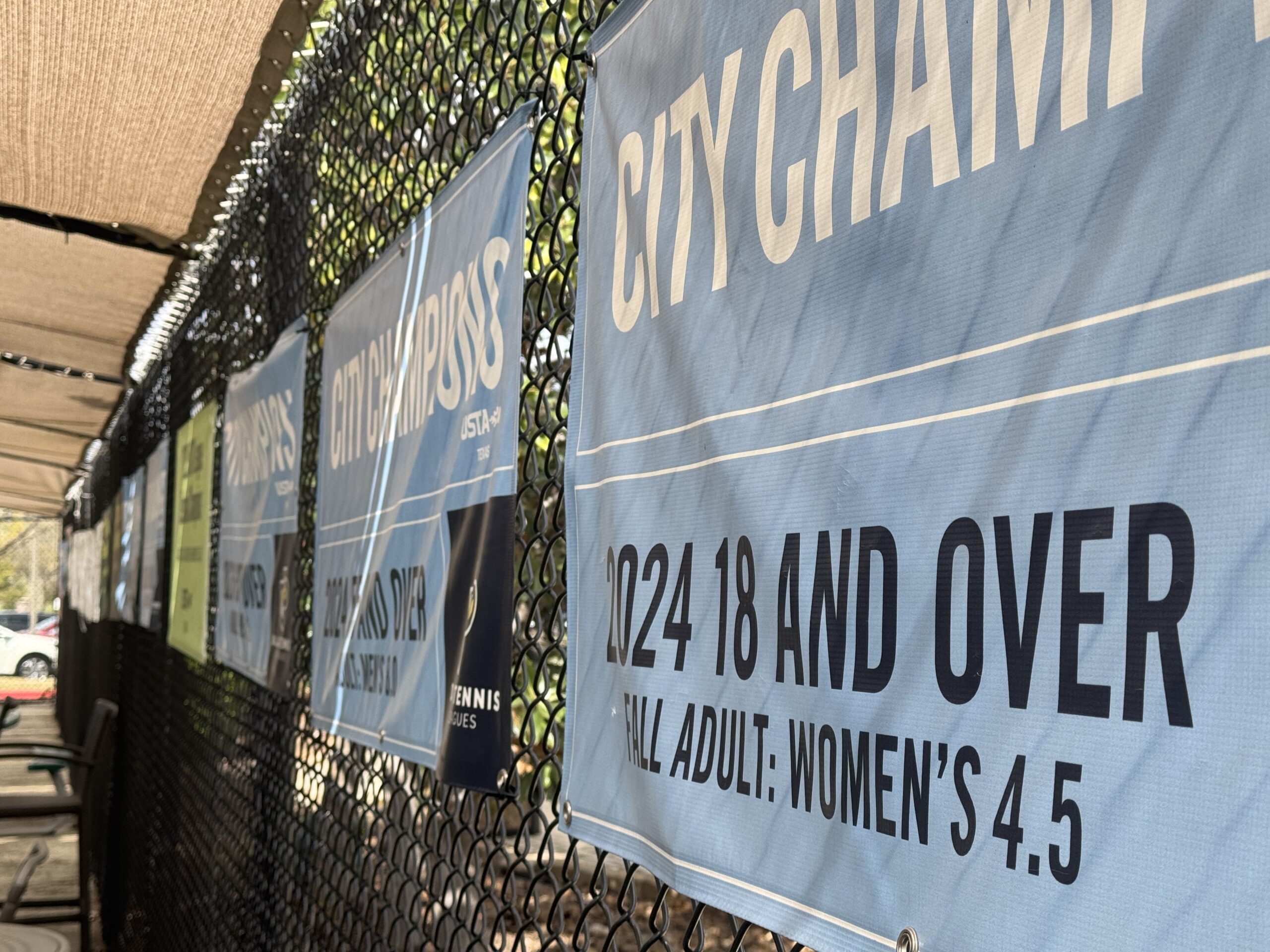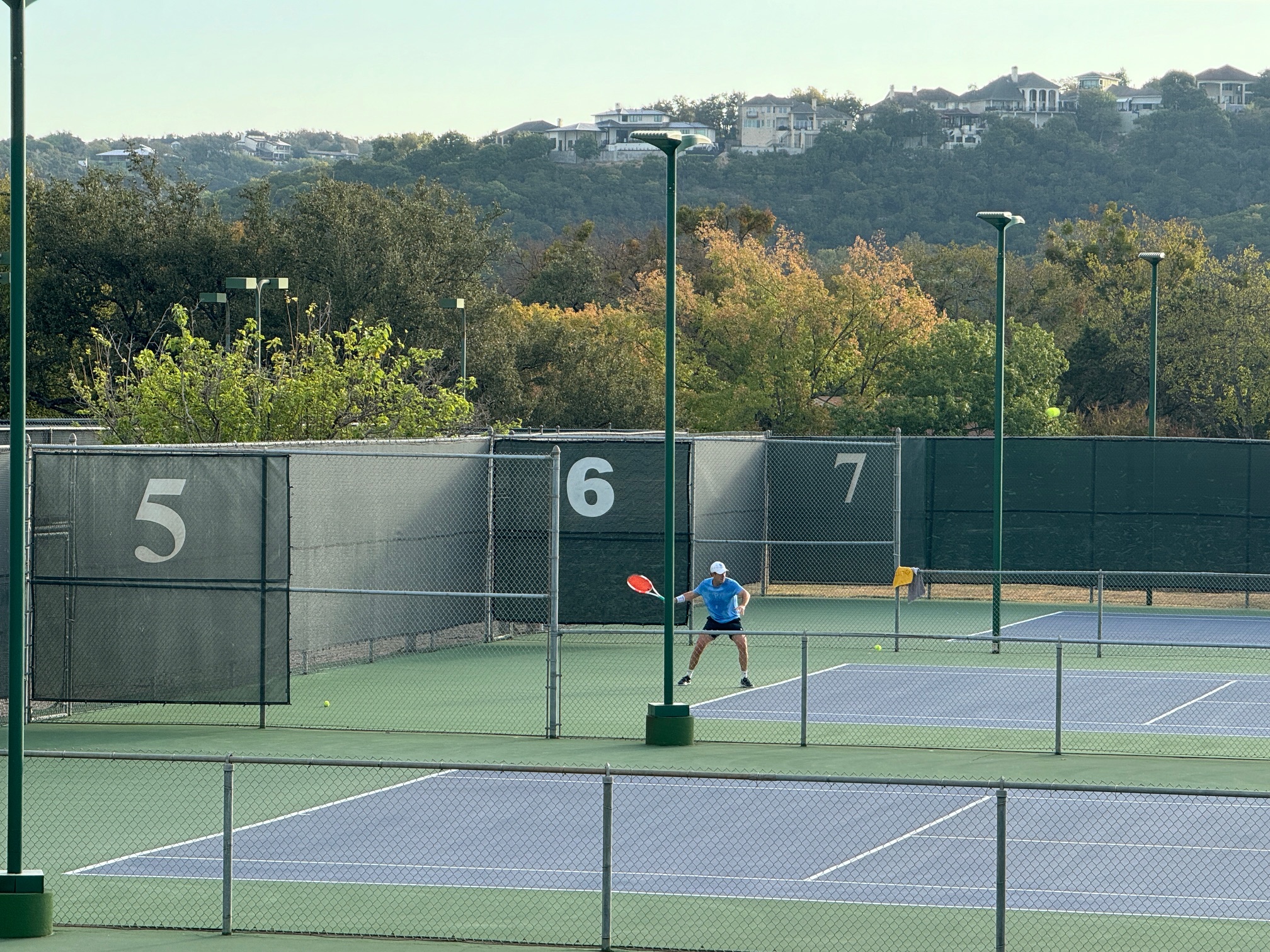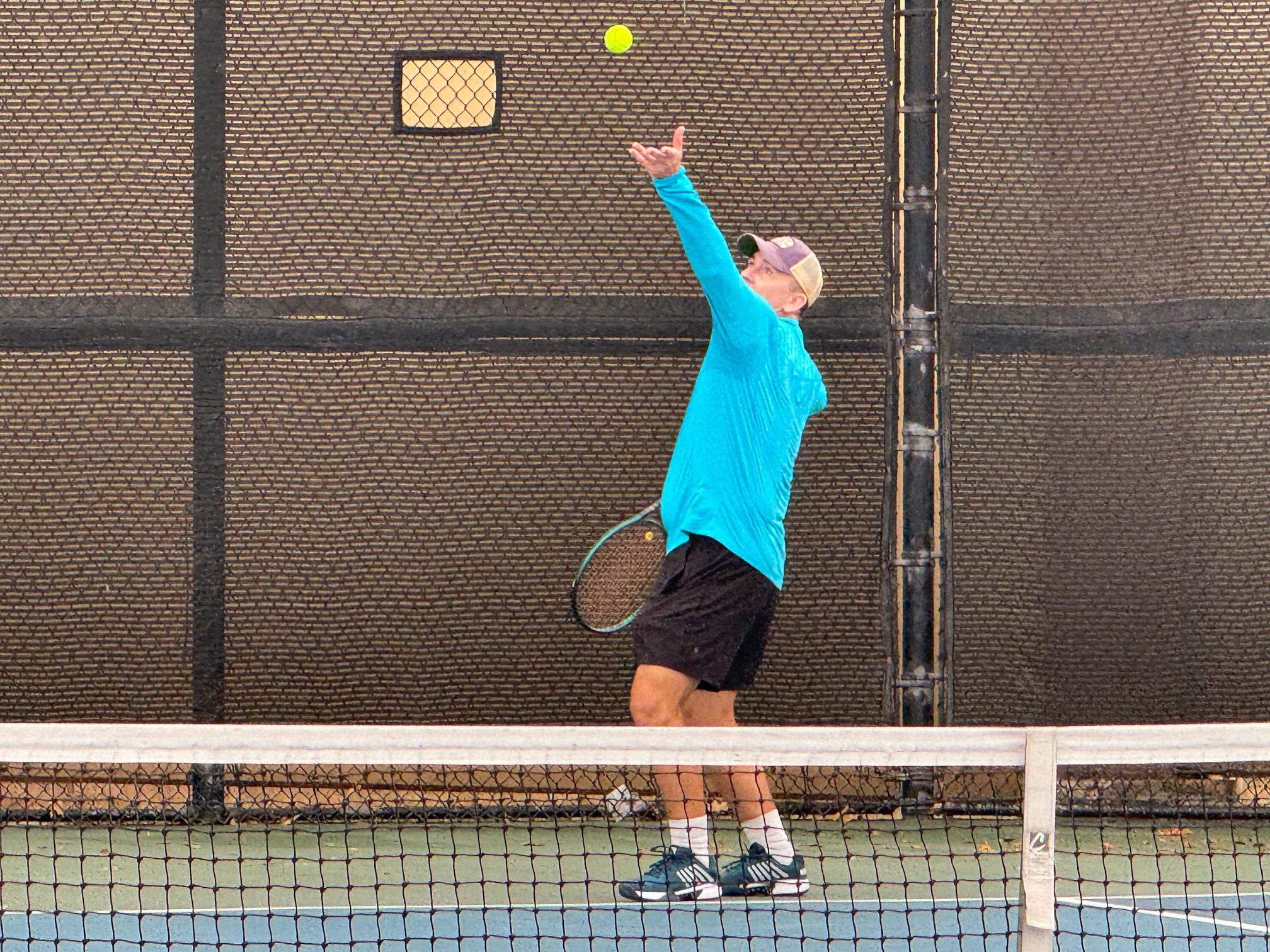Recently, the USTA Texas League Committee passed a new rule that if a player is suspended from any local League, they will also be suspended from all other local leagues within the Section. The impetus for that change was reportedly to mirror a recently adopted USTA National Regulation, where a player suspended by one Section is suspended in all Sections.
I’m unsure exactly when and how players will be notified of the implementation details of this new rule. Since some players are currently suspended by their USTA Local League associations, I assume it will be effective sometime around the first of the year and only for new suspensions following the player notification date.
The new rule suddenly makes me very interested in exactly how players might get suspended by their local league administration. This first foray into that topic also took an unanticipated twist. If anything, this case study reveals that this new rule highlights the need for more Sectional oversight of local league rules and regulations.
The Captain’s letter from the 2024 USTA Dallas Tennis Association (DTA) 18+ City Championships has been used in recent posts to examine various rules and regulations. This makes it a natural starting point for this topic. The following excerpt from that Captain’s letter highlights a practice that the local association has imposed for its League Championships:
If you have a player on your team who has ALREADY QUALIFIED and PLANS TO REPRESENT/PLAY for another city at the 2024 USTA TEXAS 18 & over ADULT Sectionals at the same NTRP as your DALLAS team, they SHOULD NOT step on court/hit a single ball for your team during Dallas’ 2024 DALLAS TENNIS USTA 18 & over ADULT POST SEASON. Any player who participates in Dallas’ 2024 18 & over ADULT POST SEASON is considered by DALLAS TENNIS committed to your DALLAS TEAM AS LONG AS THE DALLAS TEAM IS IN THE RUNNING FOR A NATIONAL CHAMPIONSHIP. DALLAS TENNIS follows Section Play for DALLAS’ ADVANCING TEAMS and will file a Grievance against any player(s) who play for another city during Sectionals.
2024 DTA 18+ City Championships Captain’s Letter (excerpt)
It is a generally accepted fact, backed up by a lot of data, that players who participate in DTA playoffs and subsequently compete for another area’s team at Texas Sectionals will be suspended from DTA league play for a year. As one point close to home, the Trophy Husband was one of the first players to be hit with that sanction in the first year when most players and captains were unaware of this new restriction.
I had always assumed that the DTA Rules and Regulations firmly backed up that practice, but as it turns out, the prohibition on competing in playoffs is codified without mentioning any penalty. Additionally, it places the impetus for compliance on the captain rather than the player.
It is the responsibility of the captain to know if they have any players that qualify for championship play on more than one team within the same division**. A player who will be attending Sectionals with a team from another local league is not eligible to participate in USTA Dallas playoffs in the same division.
DTA USTA Local League Rules & Regulations, Championship Year 2024, Regulation 4D.
In essence, the DTA has imposed a rule that players cannot set foot on the court for a DTA playoff match if they plan to compete at Sectionals for another team. However, due to overlaps in geography and calendar, players may potentially compete in playoffs without knowing if their primary team will even advance. The logistics of USTA League double dipping is a topic for another day, but it is a significant factor of play in the Dallas Fort Worth
The notice in the DTA Captain’s letter indicates that the association will file a grievance, which somewhat incestuously goes to their own local DTA grievance committee rather than the Sectional level. The one-year suspension of the player from DTA is pretty much automatic. I am not aware of any team captain being penalized for having a player on their roster violate this rule. Indeed, I have experienced the joy of more than one DTA captain actively pressuring me to play in their playoffs even though my Fort Worth team had already advanced. Fun times.
I am aware of only one semi-successful appeal of a DTA suspension. The Trophy Husband had his penalty reduced from all DTA play for a year to Mixed Doubles only for the same period. His mitigating claim were that no one was aware of the rule and also that he was the captain of the Fort Worth team that had already advanced. It is very bad form for a captain to abandon their team to play for someone else at Sectionals.
Until now, players who compete in more than one USTA Local League risked being suspended from one or the other due to their subsequent playoff and Sectional choices. However, this new rule for USTA Texas raises the stakes considerably. Essentially, every local League now wields the power to suspend a player from the entire Section. Worse, no obvious provisions exist for appealing a USTA Local League decision to the Sectional level within Texas.
This new rule underscores how much power local leagues now have over players’ ability to compete. With this new regulation, a single misstep in one local league could have far-reaching consequences, including suspension from all USTA League play. That cannot possibly be what is desired.
When I first heard of this new rule, I felt it exposed the need for Sectional review of local rules and regulations. However, the DTA suspension practice isn’t clearly expressed within their formal Rules and Regulations and only happens through the grievance process. That broadens the scope of necessary Sectional oversight considerably.
Empowering one local organization to impose new rules, file its own grievances against violators, and determine punitive consequences that extend well beyond their own organizational boundaries creates a potential conflict of interest. External oversight and transparency are essential.
This could create significant headaches for players who unknowingly break local league rules that they aren’t aware of. As with many things like this, the devil is in the details, and I suspect this saga will continue to unfold in interesting ways. For now, all players and captains should take this as a wake-up call to familiarize themselves with their local league rules and regulations. Otherwise they might suddenly find they have a lot of free time to take up pickleball.
- Friend at Court: The Handbook of Tennis Rules and Regulations, USTA, 2024
- USTA Local League Rules & Regulations, Dallas Tennis Association, for USTA Championship Year 2024.
- 2024 USTA League National Regulations & Texas Operating Procedures, USTA Texas Resource Document, version 06.30.23.
- 2024 Texas Operating Procedures, USTA Texas Resource Document, no version marked beyond the effective year in the title.)



